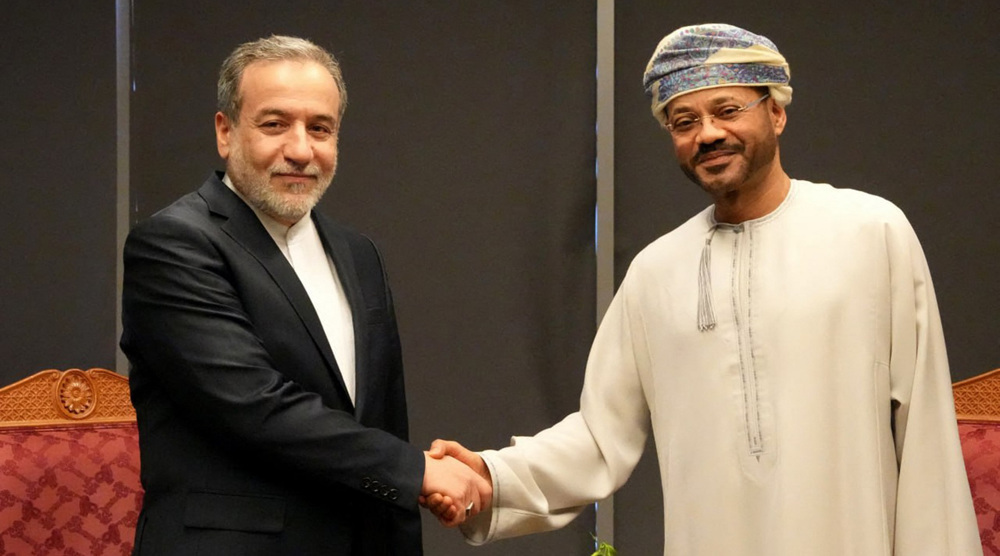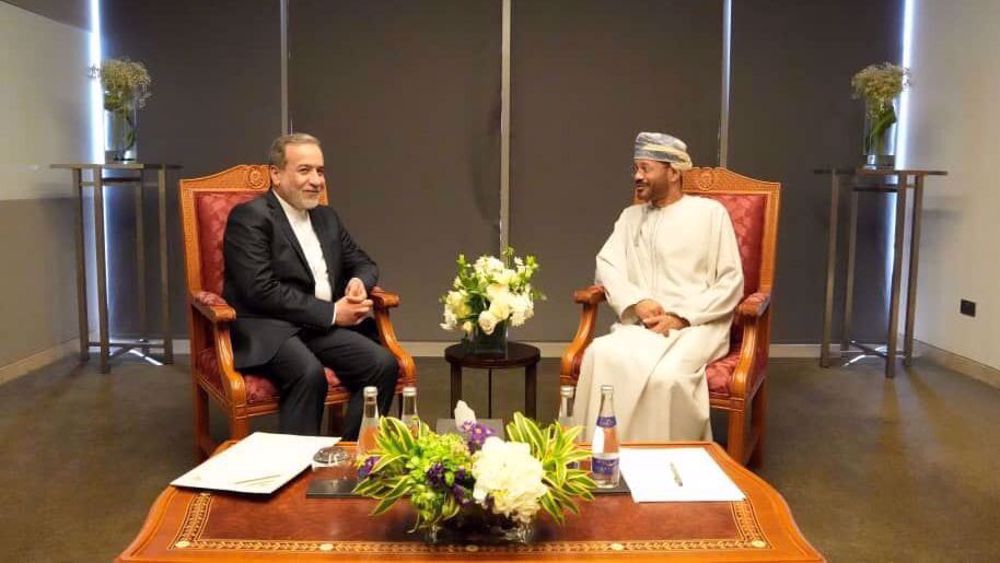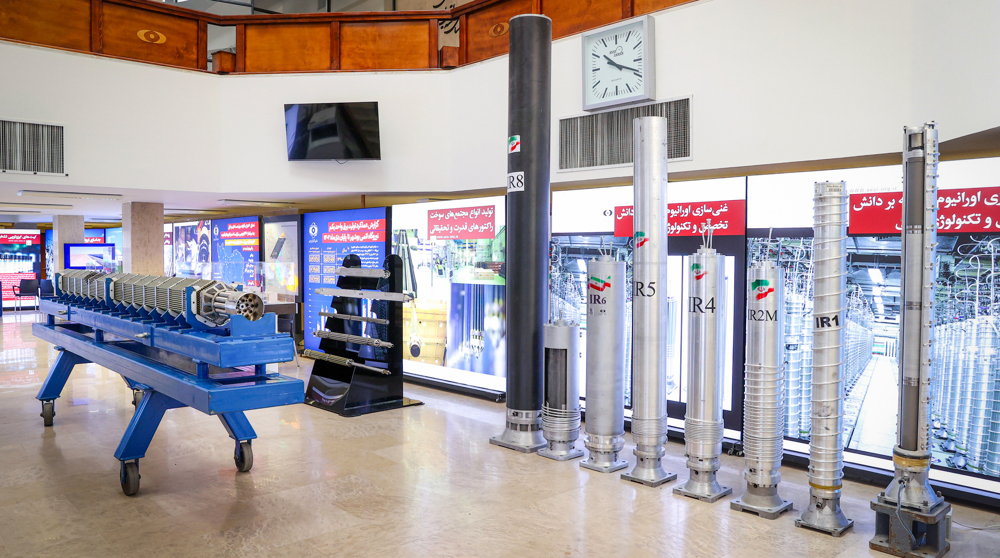US Senate mulls fresh anti-Iran bans over ‘terror’ charges
The US Senate is considering a bill that would allow Washington to slap fresh sanctions against Tehran on alleged terrorism-related charges.
The bill, drafted by Democratic Senator Ben Cardin from Maryland, will pave the way for new anti-Iran bans in case it is approved in the Senate, al-Monitor media website reported on Wednesday.
Reports, however, say that Cardin had to modify his original draft proposal after critics rejected it for violating the spirit of the Joint Comprehensive Plan of Action (JCPOA) clinched by Iran and the P5+1 group of countries in mid-July.
In the original draft, the US Congress was entitled “to reauthorize all [Iran-related] statutory provisions that would otherwise expire... including the Iran Sanctions Act.” However, the stipulation was removed from the bill since under the agreement, all Washington’s nuclear-related bans against Tehran will be unconditionally lifted as soon as Iran carries out its obligations as mentioned in the road map inked between the Islamic Republic and the International Atomic Energy Agency (IAEA).
Reports also said that the earlier version of the bill demanded that the US government provide the Israeli regime with bunker-busting super-bombs known as Massive Ordnance Penetrators, a request which was also omitted from the final draft.
Meanwhile, Tyler Cullis, a sanctions expert with the National Iranian American Council (NIAC), rapped the bill as an “anathema to the JCPOA” despite the modifications.
“The bill has other problems — most especially, the fact that Congress is asserting unlimited authorities to impose sanctions on Iran for non-nuclear purposes and is instating an expedited procedure for legislation to do exactly such. In my reading, this is anathema to the JCPOA," he added.
Cardin, currently serving as the top Democrat on the US Senate’s Committee on Foreign Relations, was one of the four Democrats who voted against the nuclear agreement with Iran. The opponents of the deal failed three times to gather the 60 votes needed for the resolution of disapproval in the 100-member chamber.
On July 14, Iran and the IAEA signed a road map regarding the Islamic Republic’s nuclear program in the Austrian capital city of Vienna. The agreement was reached on the same day Iran and the P5+1 – the United States, Russia, China, France, Britain and Germany – finalized the JCPOA in Vienna.
The United Nations Security Council on July 20 unanimously endorsed a draft resolution turning the JCPOA into international law.
Under the JCPOA, limits will be put on Iran’s nuclear activities in exchange for, among other things, the removal of all economic and financial sanctions against the Islamic Republic.

Iran: Indirect talks with US strictly limited to nuclear, sanctions issues

Top Iranian, Omani diplomats meet ahead of indirect talks with US

Official: Iran has surpassed West's 'arbitrary' redlines on nuclear tech
Yale's decision to terminate Dr. Helyeh Doutaghi aimed to silence anti-genocide voices: Activists
Iran’s aluminum output down by nearly 5% in year to March
Missiles fired from Yemen triggers sirens in Israeli-occupied territories, closes airport
Iran condemns terror attack in southeast that killed 8 Pakistani nationals
Deir al-Balah massacre: Israeli airstrikes killed 6 brothers at once
Iran currency surges on positive news from Iran-US talks
VIDEO | Spain’s Seville hosts concert in solidarity with Palestinians
VIDEO | Press TV's news headlines







 This makes it easy to access the Press TV website
This makes it easy to access the Press TV website